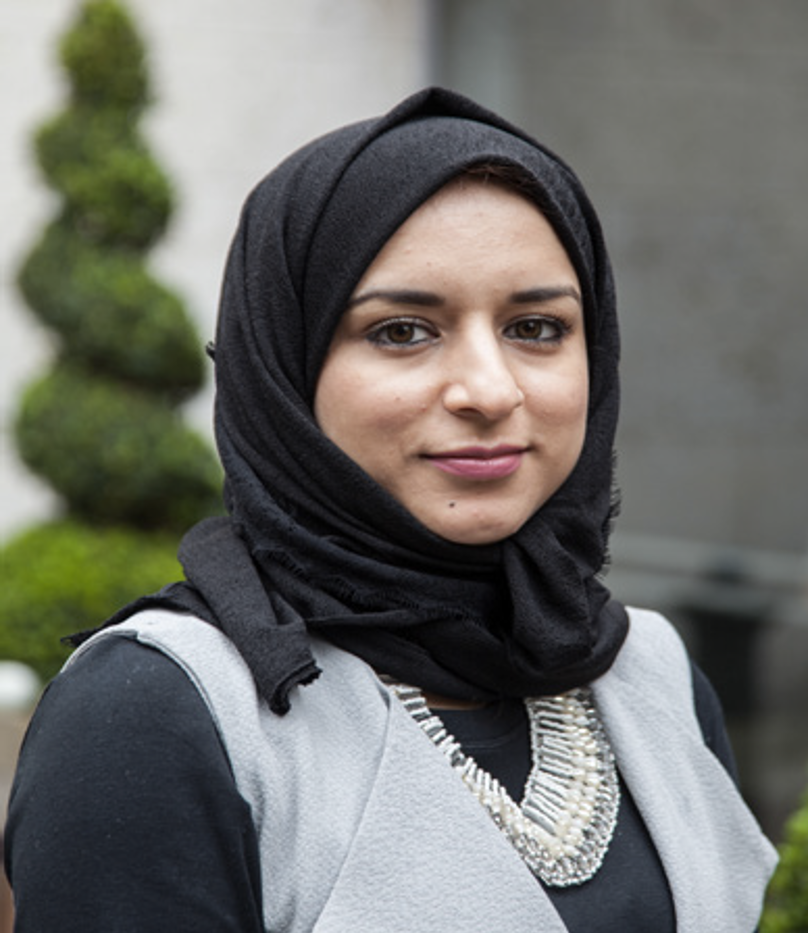This workshop seeks to examine the implications and trends of the market for weapons and military services in the Gulf. This is not intended to be limited to security and economic matters, but rather welcomes the examination of the various impacts of this market on social and political issues in the Gulf and beyond. This is intended to be a multidisciplinary examination of a phenomenon which is both understudied and rapidly developing.
3 DAYS / 12 Workshops
MORE THAN 300 ACADEMIC PAPERS
Objectives and scope
The Gulf is the largest market for imported military sales and equipment in the world. In
spite of its relatively small population, the Gulf continues to be the top destination for US
military weapons sales and for European weapons sales as well as for associated security
training and education services.
2
This workshop aims to develop a collection of essays suitable for publication on the
general subject of the booming market for military services and equipment in the Gulf.
We are also considering launching an on-line forum to continue pursuing issues of
scholarly interest related to this trade, which is among the oldest and most entrenched in
the region. We propose to examine the market from a broad interdisciplinary approach,
which would make such a publication of great use to many people interested in the
region.
The development of the security market in the Gulf lays at the intersection of two major
trends in the global economy. In the Gulf, rich countries are modernizing at a pace
unknown in history while many arms exporting countries have manufacturing industries
in decline. For many countries weapons are one of the few manufactured goods which
are competitive in the global market. Western militaries are shrinking and thus seek out
the military training contracts that Gulf countries provide, both to justify existing force
structure as well as to provide lucrative employment for retired officers.
For decades the countries of the Gulf have strived to become self-sufficient in a broad
array of areas such as food, water and basic industrial commodities, but have usually
couched this desire in terms of national security. At the same time, every country in the
Gulf (save Iran) has a foreign security presence to bolster their security.
The security market in the Gulf has evolved from simple issues of basing and producing
local constabulary, often under foreign command. The states of the Gulf have developed
robust military forces with the most modern equipment in the world, to include latestgeneration fighter aircraft, world-class air defense systems and significant arsenals of
ballistic missiles. At the same time, the nations of the Gulf have been building up a
massive training and defense infrastructure which aims to produce professional security
forces on a par with any others in the world.
Much of this development of Gulf security capacity has been either purchased from
outside or has been enabled from outside the Gulf. In the past, there have been
significant Gulf military formations commanded by foreign officers on secondment, as,
for example, with the Royal Omani Air Force being commanded by British officers until
recently. Even in countries seeking to maximize homegrown talent and leadership, the
reliance of foreign weapons, and the numbers of trainers and advisors is greater than in
any other region in the world.
There is also a robust domestic industry in Iran producing intermediate- and short-range
missiles, high speed torpedoes, and – most controversially – nuclear weapons. There is
3
much speculation about the possibility of other Gulf countries seeking to match Iran in
these areas.
There are immense profits to be made in selling weapons and other military services to
the Gulf. The largest weapons sale in history is the Al-Yamanah sale of aircraft from the
UK to Saudi Arabia. The Gulf is the largest destination of American weapons by dollar
value. France has sold ships, tanks and hopes to find a major market for the Rafale
advanced aircraft in the Gulf, and China has equipped the Saudi Strategic Rocket Forces.
Iraq’s security forces have a mix of Iranian, American and Russian equipment and
expertise.
